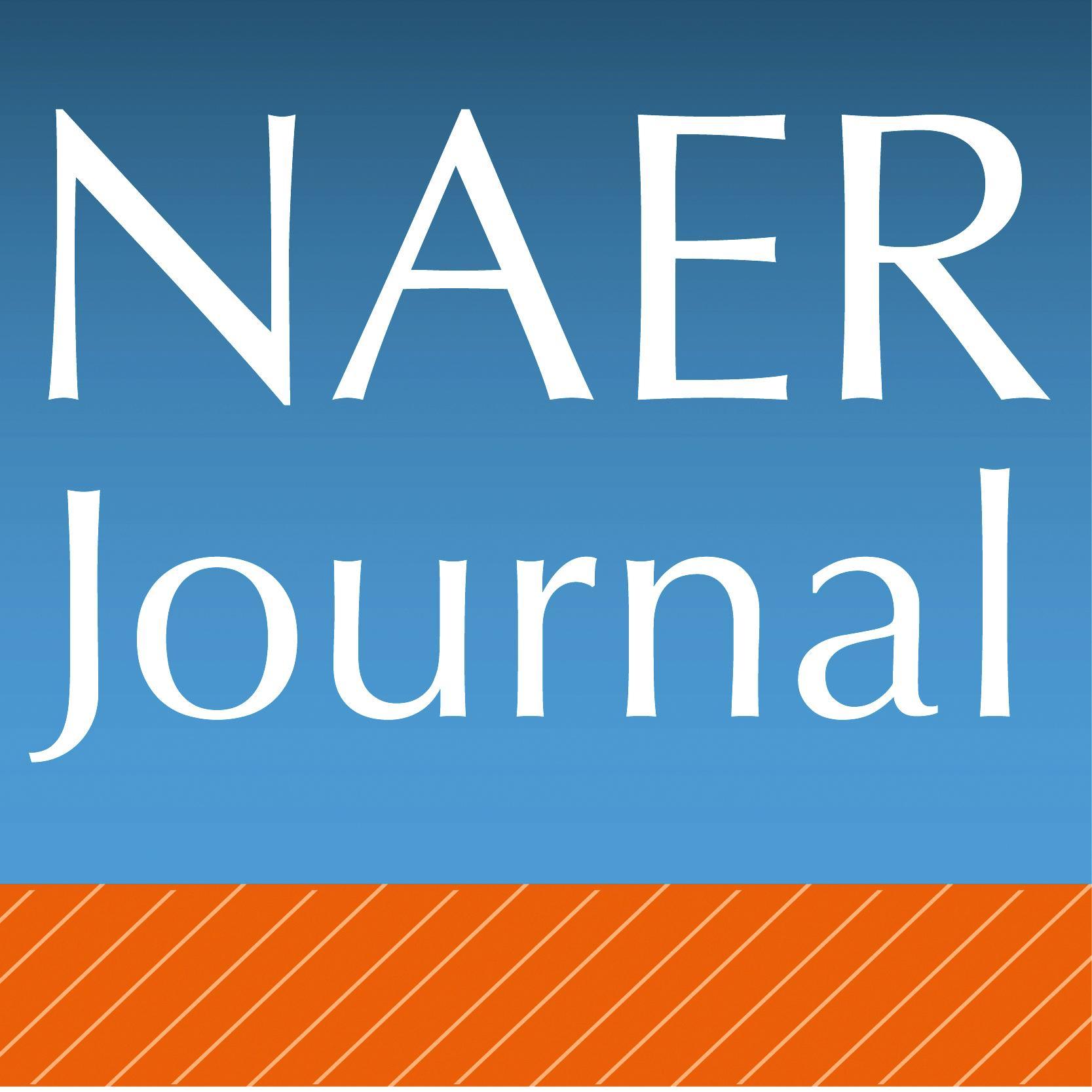No es lo mismo: un análisis de red de texto sobre definiciones de pensamiento computacional para estudiar su relación con la programación informática
Resumen
A pesar de que países de todo el mundo están modificando su plan de estudios nacional para incluir habilidades de pensamiento computacional, no hay un acuerdo en la definición de esta capacidad. Esto se debe en parte a la gran cantidad de definiciones propuestas por la comunidad académica. De hecho, hay múltiples ejemplos en escenarios educativos en los que la programación e incluso la robótica se consideran sinónimos del pensamiento computacional. Este artículo presenta un análisis de la red de texto de las principales definiciones de esta habilidad que se han encontrado en la literatura, con el objetivo de ofrecer información sobre las características comunes que comparten y sobre su relación con la programación informática. Como resultado, se propone una nueva definición de pensamiento computacional que emerge de los datos analizados.
Descargas
-
Resumen3550
-
PDF 4055
-
Infografía20
Citas
Aho, A. V. (2011). Ubiquity symposium: Computation and computational thinking. Ubiquity, 2011(January), 1.
Balanskat, A., & Engelhardt, K. (2015). Computing our future: Computer programming and coding-Priorities, school curricula and initiatives across Europe. European Schoolnet.
Barr, V., & Stephenson, C. (2011). Bringing computational thinking to K-12: what is Involved and what is the role of the computer science education community?. ACM Inroads, 2(1), 48-54.
Bocconi, S., Chioccariello, A., Dettori, G., Ferrari, A., & Engelhardt, K. (2016). Developing computational thinking in compulsory education-Implications for policy and practice (No. JRC104188). Joint Research Centre (Seville site).
Brackmann, C. P., Román-González, M., Robles, G., Moreno-León, J., Casali, A., & Barone, D. (2017). Development of computational thinking skills through unplugged activities in primary school. In Proceedings of the 12th Workshop on Primary and Secondary Computing Education (pp. 65-72). ACM.
Csizmadia, A., Curzon, P., Dorling, M., Humphreys, S., Ng, T., Selby, C., & Woollard, J. (2015). Computational thinking-A guide for teachers.
CSTA Standards Task Force. (2016). [Interim] CSTA K-12 Computer Science Standards. New York: CSTA.
Denning, P. J. (2009). The profession of IT beyond computational thinking. Communications of the ACM, 52(6):28–30.
Furber, S. (2012). Shut down or restart? The way forward for computing in UK Schools. London: The Royal Society.
Grover, S. (2015, April). “Systems of Assessments” for deeper learning of computational thinking in K-12. In Proceedings of the 2015 annual meeting of the American educational research association (pp. 15-20).
Grover, S., & Pea, R. (2013). Computational thinking in K–12: A review of the state of the field. Educational researcher, 42(1), 38-43.
ISTE and CSTA (2011). Operational definition of computational thinking for K-12 education. Available at: http://www.iste.org/docs/ct-documents/computational-thinking-operational-definition-flyer.pdf
Kalelioglu, F., Gülbahar, Y., & Kukul, V. (2016). A Framework for Computational Thinking Based on a Systematic Research Review. Baltic Journal of Modern Computing, 4(3), 583.
Lu, J. J., & Fletcher, G. H. (2009, March). Thinking about computational thinking. In ACM SIGCSE Bulletin (Vol. 41, No. 1, pp. 260-264). ACM.
Lye, S. Y., & Koh, J. H. L. (2014). Review on teaching and learning of computational thinking through programming: What is next for K-12?. Computers in Human Behavior, 41, 51-61.
Mannila, L., Dagiene, V., Demo, B., Grgurina, N., Mirolo, C., Rolandsson, L., & Settle, A. (2014, June). Computational thinking in K-9 education. In Proceedings of the working group reports of the 2014 on innovation & technology in computer science education conference (pp. 1-29). ACM.
Moreno-León, J (2018). On the development of computational thinking skills in schools through computer programming with Scratch (Doctoral dissertation).
Paranyushkin, D. (2011). Identifying the pathways for meaning circulation using text network analysis. Nodus Labs, 26.
Paranyushkin, D (2019). InfraNodus: Generating Insight Using Text Network Analysis, Proceedings of WWW ’19 The World Wide Web Conference, Pages 3584-3589, San Francisco, CA, USA — May 13 – 17, 2019
Papert, S. (1980). Mindstorms: Children, computers, and powerful ideas. Basic Books, Inc..
Rodríguez-García, J., Moreno-León, J., Román-González, M., & Robles, G. (2019). Developing computational thinking at school with machine learning: an exploration. In 2019 International Symposium on Computers in Education (SIIE) (pp. 49-54). IEEE.
Román-González, M., Moreno-León, J., & Robles, G. (2017). Complementary tools for computational thinking assessment. In Proceedings of International Conference on Computational Thinking Education (CTE 2017), S. C Kong, J Sheldon, and K. Y Li (Eds.). The Education University of Hong Kong (pp. 154-159).
Román-González, M., Pérez-González, J.C., Jiménez-Fernández, C. (2017). Which cognitive abilities underlie computational thinking? Criterion validity of the Computational Thinking Test. Computers in Human Behavior, 72, 678-691.
Sengupta, P., Kinnebrew, J. S., Basu, S., Biswas, G., & Clark, D. (2013). Integrating computational thinking with K-12 science education using agent-based computation: A theoretical framework. Education and Information Technologies, 18(2), 351-380.
Tedre, M., & Denning, P. J. (2016, November). The long quest for computational thinking. In Proceedings of the 16th Koli Calling International Conference on Computing Education Research (pp. 120-129). ACM.
Voogt, J., Fisser, P., Good, J., Mishra, P., & Yadav, A. (2015). Computational thinking in compulsory education: Towards an agenda for research and practice. Education and Information Technologies, 20(4), 715-728.
Wing, J. (2006). Computational thinking. Communications of the ACM, 49(3), 33-35.
Wing, J. (2011). Research notebook: Computational thinking—What and why. The Link Magazine, 20-23.
Wolfram, S. (2016). How to teach computational thinking. Stephen Wolfram Blog.
Available at https://blog.stephenwolfram.com/2016/09/how-to-teach-computational-thinking/
Derechos de autor 2019 Jesús Moreno,Gregorio Robles,Marcos Román,Juan David Rodríguez

Esta obra está bajo una licencia internacional Creative Commons Atribución-NoComercial-CompartirIgual 4.0.
Aquellos autores que tengan publicaciones con esta revista aceptan los términos siguientes :
-
Los autores conservarán sus derechos de autor y garantizarán a la revista el derecho de primera publicación de su obra, el cuál estará simultáneamente sujeto a la Licencia Creative Commons Atribución no comercial compartir por igual 4.0 Internacional que permite compartir, copiar y redistribuir el material en cualquier medio o formato y adaptar, remezclar, transformar y construir sobre el material en los siguientes términos:
Reconocimiento - Debe dar el crédito apropiado, proporcionar un enlace a la licencia, e indicar si se han realizado cambios. Puede hacerlo de cualquier manera razonable, pero no de una manera que sugiere que el licenciante o su uso hace suya. No comercial - No puede utilizar el material con fines comerciales. Compartir bajo la misma - Si remezcla, transformar o crear sobre el material, se debe distribuir sus contribuciones bajo la misma licencia que el original. -
Los autores podrán adoptar otros acuerdos de licencia no exclusiva de distribución de la versión de la obra publicada (p. ej.: depositarla en un archivo telemático institucional o publicarla en un volumen monográfico) siempre que se indique la publicación inicial en esta revista.
-
Se permite y recomienda a los autores difundir su obra a través de Internet (p. ej.: en archivos telemáticos institucionales o en su página web) antes y durante el proceso de envío, lo cual puede producir intercambios interesantes y aumentar las citas de la obra publicada. (Véase El efecto del acceso abierto).
-
En cualquier caso, el Equipo Editorial entiende que las opiniones vertidas por los autores son de su exclusiva responsabilidad.
















